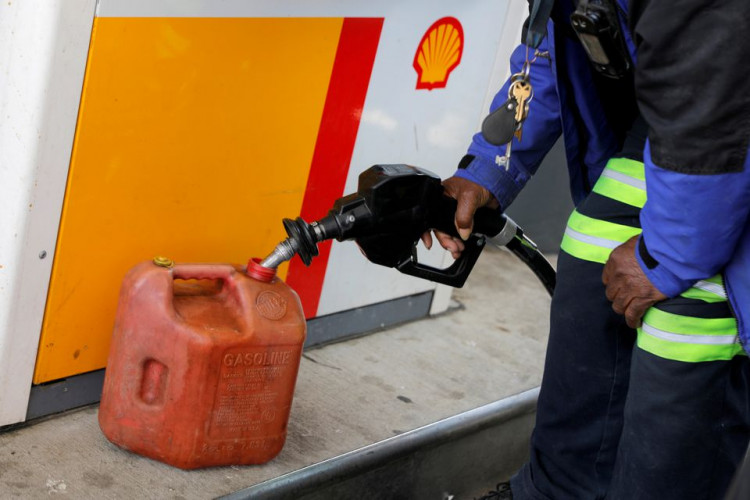Despite the fact that rising gas prices are putting a strain on millions of Americans' wallets, a new poll shows widespread support for Russian sanctions, even if it means paying more for gas.
According to a new CBS News poll, 77% of Americans support oil and gas sanctions against Russia, with 63 percent backing penalties even if it means paying more for gas. 82% of those in favor of sanctions said they wanted to "help Ukraine and punish Russia," while 34% said they were "being patriotic."
The national average gas price may be above $4.30, a fourteen-year high, but American drivers may be in for considerably more misery at the pump.
Experts predict that as the conflict in Ukraine worsens, crude oil prices will rise further. Unfortunately, this means that gas prices will rise as well.
"Forget the $4 per gallon mark, the nation will soon set new all-time record highs and we could push closer to a national average of $4.50 per gallon," Patrick De Haan, head of petroleum analysis at GasBuddy, said in a statement.
"California could be heading for $5.50 per gallon with more stations charging $6 and beyond. We've never been in this situation before, with this level of uncertainty. As we lose a major global producer under the weight of deserving bipartisan sanctions for invading a sovereign country, the cost is high. Americans will be feeling the pain of the rise in prices for quite some time, with little good news foreseen," he continued.
Dan Dicker, the founder of Energy Word, is even more pessimistic. He told Yahoo Finance that if oil prices exceeded $150 a barrel, "you might get to $6.50 or $7."
In response to the rise in gas prices, a large majority of Americans want to increase domestic oil production - a position shared by most Republicans and independents, as well as half of Democrats. Democrats are far more inclined to believe that renewable energy should be increased as well. Only a third of Americans, however, want the U.S. to import more from the Middle East and South America.
According to CBS, the number of Americans who perceive Russia to be an enemy has increased since this summer. And there isn't much of a partisan divide here: Democrats and Republicans are nearly equally likely to label Russia an enemy, as they were in June.
The disparities are more pronounced by age, with older Americans more likely to say enemy, maybe reflecting Cold War views developed in their early years.






